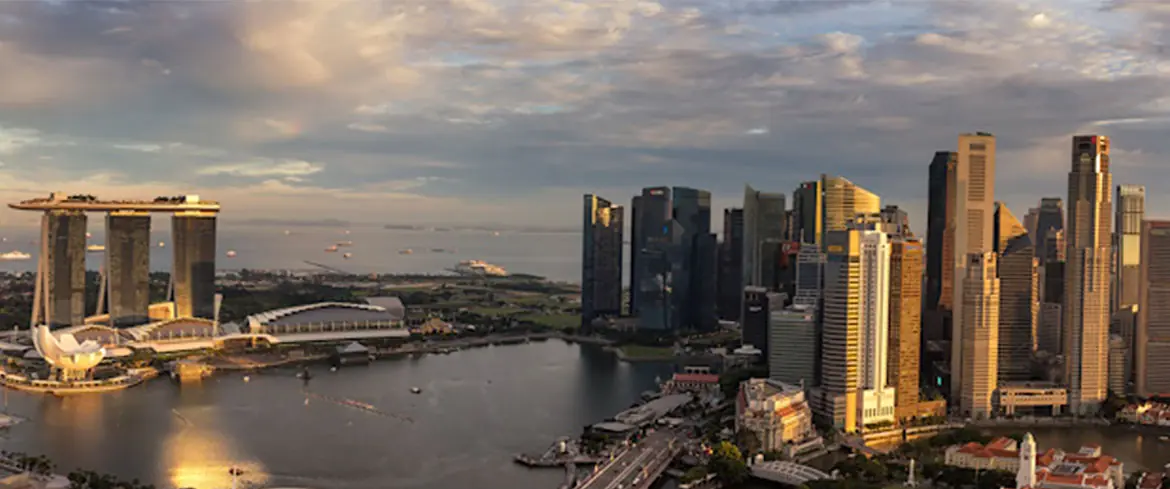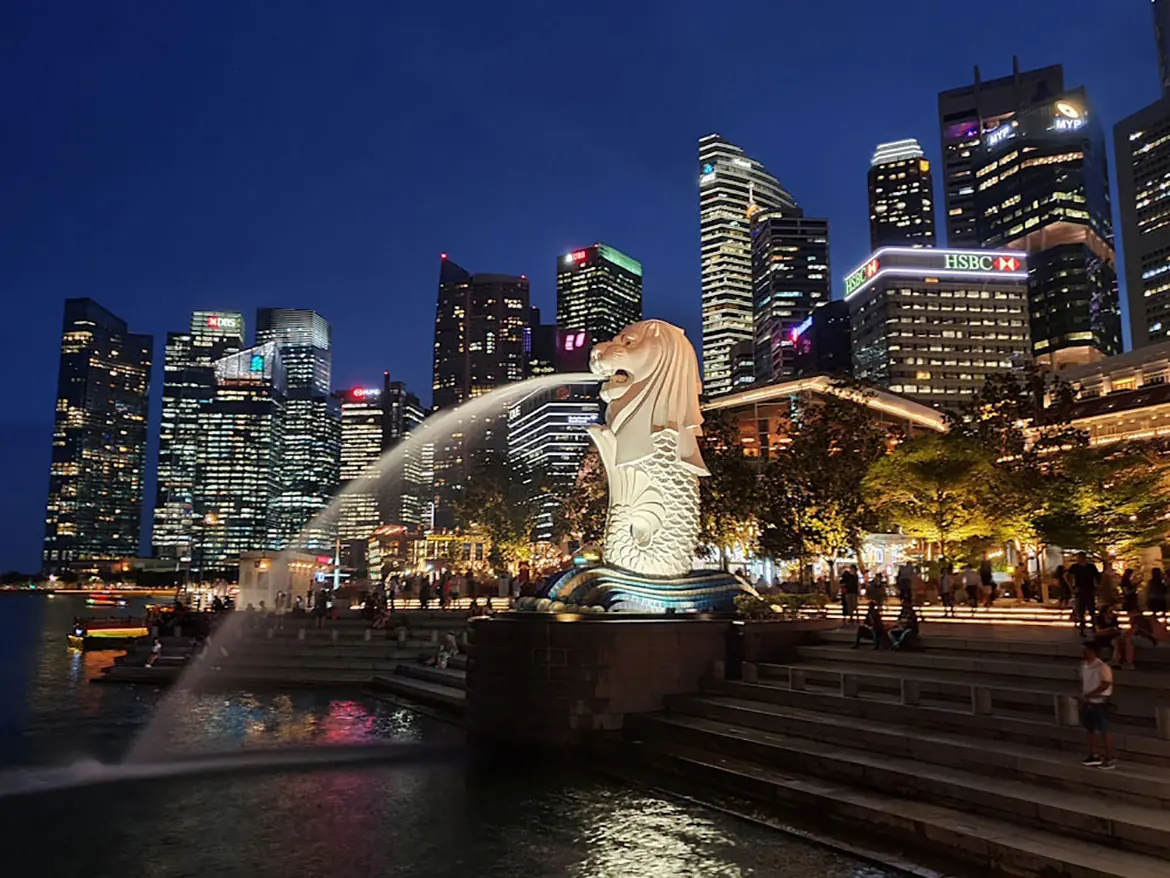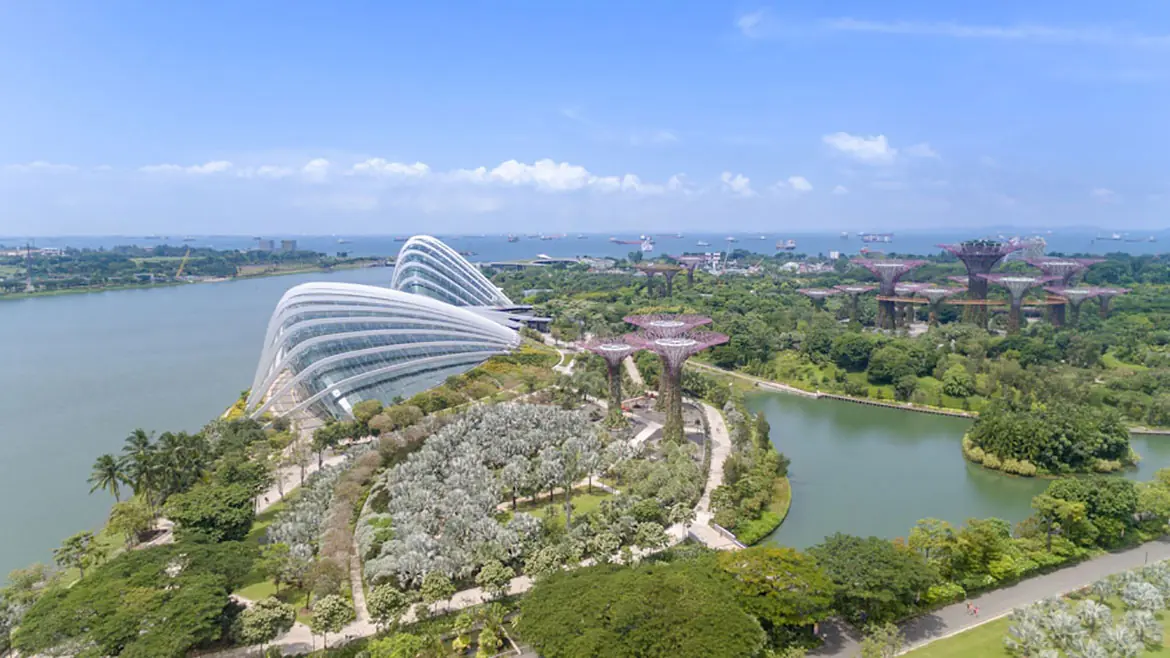Feng Shui Consultant Singapore

Singapore is a sovereign city-state and island country in Southeast Asia, situated at the southern tip of the Malay Peninsula. It is renowned for its efficient governance, vibrant economy, diverse culture, and clean surroundings. Here are some key aspects of Singapore:
- History: Singapore's history dates back to the 14th century when it was a trading port for the Srivijaya and Majapahit empires. The British East India Company later colonised it in the 19th century and became a part of the British Empire. It gained independence in 1965.
- Government: Singapore is a parliamentary republic with a Westminster system of unicameral parliamentary government. The President is the head of state, and the Prime Minister is the head of government. The ruling party, the People's Action Party (PAP), has been in power since independence.
- Economy: Singapore has a highly developed and diverse economy characterised by free-market principles and a strong emphasis on trade. It is one of the world's leading financial centres and a central hub for shipping and logistics. Key industries include finance, biotechnology, electronics, manufacturing, and tourism.
- Culture: Singapore is a melting pot of cultures, with significant influences from Chinese, Malay, Indian, and Western traditions. This diversity is reflected in its cuisine, festivals, and customs. The country is known for its strict laws on social behaviour and cleanliness.
- Tourism: Singapore is a popular tourist destination known for its modern skyline, lush gardens, cultural attractions, and vibrant culinary scene. Major tourist attractions include Marina Bay Sands, Gardens by the Bay, Sentosa Island, Universal Studios Singapore, and the Singapore Zoo.
- Transportation: Singapore has an efficient and extensive public transportation system, including the Mass Rapid Transit (MRT) subway system, buses, and taxis. The country is also known for its clean and well-maintained roads.
- Education and Healthcare: Singapore strongly emphasises education and healthcare. The education system is highly competitive and has consistently ranked among the best in the world. Healthcare services are of high quality and accessible to residents through public and private facilities.
- Language: English, Malay, Mandarin, and Tamil are the official languages of Singapore. English is the most widely spoken language used as the medium of instruction in schools and for business and government communication.
Singapore is a modern, cosmopolitan city-state with a high living standard, excellent infrastructure, and a dynamic business environment.
The Economy of Singapore
Singapore has a highly developed and diversified economy characterised by free-market principles, innovation, and a strong emphasis on trade and investment. Here are some key aspects of Singapore's economy:
- Trade and Commerce: Singapore is one of the world's leading trading nations, with trade accounting for a significant portion of its GDP. The country has a strategic location at the crossroads of major shipping routes, making it a key hub for global trade. Singapore's port is one of the busiest and most advanced in the world, handling a large volume of container traffic.
- Finance and Banking: Singapore is a significant financial centre, attracting banks, investment firms, and multinational corporations worldwide. The city-state is known for its robust regulatory framework, political stability, and transparent legal system. The financial services sector contributes significantly to Singapore's GDP and employment.
- Manufacturing: Singapore has a well-developed manufacturing sector, focusing on high-tech industries such as electronics, precision engineering, biotechnology, and pharmaceuticals. The country is a leading producer of semiconductors and electronics components and has a reputation for high-quality manufacturing.
- Biomedical Sciences: Singapore has emerged as a regional hub for biomedical sciences, with a growing cluster of pharmaceutical and biotechnology companies, research institutes, and medical technology firms. The government has invested heavily in developing this sector, fostering innovation and attracting talent and investment.
- Tourism and Hospitality: Singapore's tourism industry significantly contributes to its economy, attracting millions of visitors annually. The city-state offers many attractions, including cultural landmarks, shopping malls, entertainment complexes, and culinary experiences. The government has invested in infrastructure and marketing initiatives to promote tourism.
- Technology and Innovation: Singapore has prioritised investment in research and development (R&D), technology, and innovation to drive economic growth and competitiveness. The government has established various initiatives and incentives to support startups, entrepreneurship, and the digital economy.
- Transport and Logistics: Singapore's efficient transportation and logistics infrastructure facilitate trade and commerce. In addition to its busy port, the country has a modern airport, Changi Airport, which is consistently ranked among the best in the world. Singapore also has well-developed road and rail networks.
- Real Estate and Construction: The real estate and construction sectors are essential drivers of Singapore's economy, fueled by urbanisation, population growth, and infrastructure development. The government plays a significant role in urban planning and development, ensuring sustainable growth and efficient land use.
Singapore's economy is characterised by its openness, competitiveness, and resilience, supported by strong institutions, sound economic policies, and a skilled workforce.
Feng Shui of Singapore

Feng shui, an ancient Chinese practice that seeks to harmonise individuals with their environment to promote health, prosperity, and well-being, is also considered to some extent in the layout and design of cities and buildings in Singapore. While modern urban planning principles generally take precedence in Singapore's development, aspects of feng shui are sometimes considered, especially in the design of important buildings and infrastructure. Here are a few points regarding the feng shui aspects of Singapore:
- City Planning: Soon after independence in 1965, the famed Feng Shui consultant Hoon Choon set about re-purposing Singapore's main roads and re-designing the major government buildings.
Hoon Choon also drew up the overall city plan for further development – airport location, industrial area, etc. This topic is discussed in my blog post.
- Architecture and Design: Many important buildings of significance have feng shui input in their designs. For example – the new Parliament building, the iconic Marina Bay Sands (Integrated Tourist Centre), the NTUC building with the five buildings like fingers and the iconic indoor waterfall, the VivoCity shopping mall, the Inland Revenue Office building, etc. The list could go on.
- Landscaping and Green Spaces: Singapore is known for its lush greenery and well-maintained parks and gardens. While the design of these spaces primarily focuses on aesthetics and environmental sustainability, feng shui principles are related to the flow of energy (chi) and the balance of elements (such as water, wood, and earth).

- Water Features:
Singapore is the only country to have used water extensively for Feng Shui. Water's exit flow is deemed a “loss of Wealth”. Initially, to minimise this loss, the Merlion was erected to spout out a wall of water. However, a few decades later, Singapore has created several reservoirs to capture water outflow from the rivers and canals. This was then purified and reused. Singapore was once an importer of water. It is now a net exporter of Water as it pumps water to the neighbouring state of Johore in Malaysia.
- Cultural Heritage Sites: Certain cultural heritage sites and religious institutions in Singapore, such as temples, shrines, and mosques, may adhere more closely to feng shui principles in their design and placement. An example of the workings of feng shui is shown in the design of Bright Hill Monastery, where the venerable Hoon Choon was the Abbott.
- Does the Singapore Government use Feng Shui? I wrote a compelling article on this topic and why the Singapore Parliament is positioned differently.
Overall, while Singapore is primarily driven by modern urban planning principles and economic considerations in its development, feng shui elements may be subtly integrated into the city's design and architecture, particularly in areas where cultural and historical significance converge with practical considerations.
Feng Shui Consultant Singapore
I was raised in Singapore before I went to the UK for further education. I have visited Singapore regularly for business and leisure (visiting family and friends).
Dr Michael Oon – The Feng Shui Consultant:
Michael was trained and currently practises Traditional Feng Shui.
- Selected by a Lineage Holder – Shyan Tseng of the Blue Dragon Lineage.
- Training and apprenticeship lasting ten years.
- The Methodology involves physical energy in the environment, not formulae.
- Work as a team with client confidentiality.
- Based in Malaysia and the UK.
- Worked worldwide for more than decades with many successful results.
The following types of work are carried out:
Residential:
- Selection of property
- Feng Shui consultation of the property
- Consultation for extension or re-modelling
- Design for a New Build.
Business:
- Selection of a new property or site
- Feng Shui Consultation of the Property
- Consultation for extension or re-modelling
- Design of a New Build
- Relocation of a business to another location.
Commercial Projects:
- Selection of property and design of exterior and interior areas.
- Improve the performance of poorly performing commercial properties like shopping malls, hotels, and financial institutions.
- Design of Town or City centres.
- Design of Commercial buildings
- Design and layout of property development.
Make an appointment for a FREE Discovery Session:

